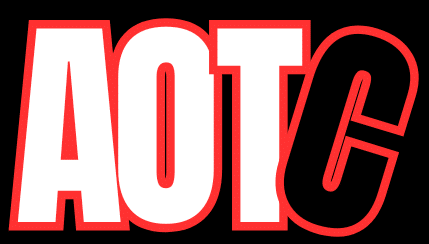National Black Farmers Association Calls for Tractor Supply CEO to Resign Amid Backlash
The National Black Farmers Association is calling for the resignation of Tractor Supply’s president and CEO after the rural retailer announced its decision to drop most of its corporate diversity and climate advocacy efforts. The move has sparked backlash from customers, activists, and organizations alike.
Tractor Supply, known for selling farming equipment and pet supplies, stated that it would eliminate diversity, equity, and inclusion roles, end sponsorships of nonbusiness activities like Pride festivals, and withdraw goals for reducing carbon emissions. Critics argue that the company is giving in to hate and abandoning crucial principles.
John Boyd Jr., president and founder of the National Black Farmers Association, expressed his disappointment in the decision, stating that it sets back race relations, especially in rural America. Tractor Supply operates over 2,200 stores across the United States, with a core customer base of farmers and ranchers.
Boyd, who is also a Tractor Supply shareholder, emphasized the importance of the retailer to Black farmers and the rural community. The company’s decision came after facing pressure from conservative activists opposed to diversity, equity, and inclusion efforts.
Some customers, like Squirrelwood Equine Sanctuary, have already decided to take their business elsewhere in response to Tractor Supply’s announcement. The sanctuary, which spends a significant amount on supplies at the retailer, expressed disappointment in the decision.
The backlash against Tractor Supply reflects a broader trend of consumers holding companies accountable for their values and actions. The company’s reversal on diversity and inclusion efforts follows similar boycott campaigns against other brands in the past year. The situation highlights the challenges companies face in navigating social and political divides in today’s consumer landscape.
